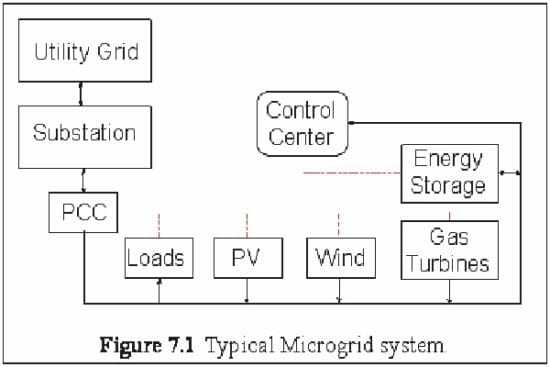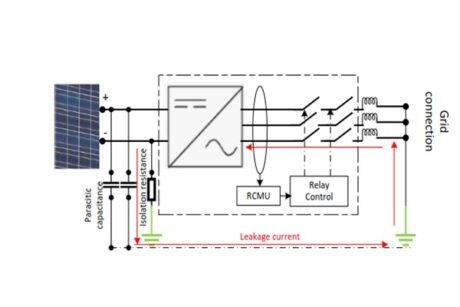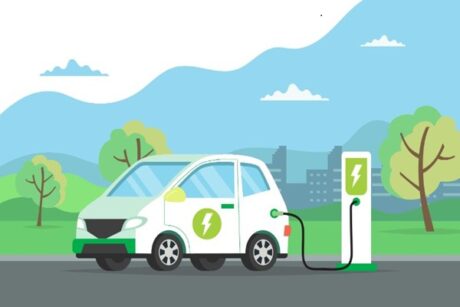Subtotal: $75.00
- Course No E – 1735
- PDH Units: 7
No data found for Custom Course Number
No data found for Custom Course Units
- Course No E – 1735
- PDH Units: 7
Intended Audience: All Engineers
PDH UNITS: 7
This is a 7-hour course that introduces additional electrical topics that were not covered in the first course E - 1735 Understanding Electrical Systems I. Many of the topics are not generally a part of the typical day of the typical engineer. Again, the goal of the course is to help the engineer understand how systems operate, so the reasons for doing a job a certain way will make more sense. The course covers the how and why of topics ranging from understanding and controlling LED lighting systems, Fiber Optics, Variable Speed Motor Controls, Sensors, Programmable Logic Controllers, Energy Management Systems and Microgrid Systems to Changes that have been made in the 2020 National Electrical Code. References:
- Course Notes prepared by author
- NFPA 70 National Electrical Code, 2020 Ed., National Fire Protection Association, Quincy, MA, 2019.
- https://www.modern.place/the-difference-between-dimmable-and-non-dimmable-led-fixtures/
- https://www.allaboutcircuits.com/technical-articles/what-is-a-plc-introduction-to-programmable-logic-controllers/
- https://www.machinedesign.com/engineering-essentials/engineering-essentials-what-programmable-logic-controller
- https://en.wikipedia.org/wiki/List_of_semiconductor_materials#Table_of_semiconductor_materials
- Messenger, R. and Abtahi, H., Photovoltaic Systems Engineering, 4nd Ed., CRC Press, Boca Raton, FL 2016.
- https://computer.howstuffworks.com/fiber-optic6.htm (Note 5 preceeding pages starting with . . . /fiber-optic1.htm).
- deSilva, Clarence W., Sensors and Actuators: Engineering System Instrumentation, 2nd Ed, Ebook PDF Version, CRC Press, Boca Raton, FL (2015).
- Data from various manufacturer websites.
Learning Objectives:
Upon completion of the course, the student should understand:- How LEDs generate light.
- How dimmable LEDs are different from non-dimmable LEDs.
- The importance of properly matching dimmers to LEDs.
- How LED color controls work.
- How fiber optic cables work.
- How fiber optic signals are encoded.
- Some fiber optic mechanics, such as connectors, tranceivers and multiplexers.
- Variable speed control requirements of DC and AC motors.
- How a wide range of sensors are incorporated into systems.
- How PLCs are used to replace wired logic.
- Applications of PLCs.
- Designing and implementing energy management systems.
- Where is energy management most productively and least productively used?
- The definition of and the likely importance of microgrids in future neighborhoods.
- What’s new in the 2020 National Code?
Once completed, your order and certificate of completion will be available in your profile when you’re logged in to the site.


 E - 1118 Air Pollution Control - Carbon Adsorption for VOCs
E - 1118 Air Pollution Control - Carbon Adsorption for VOCs 







